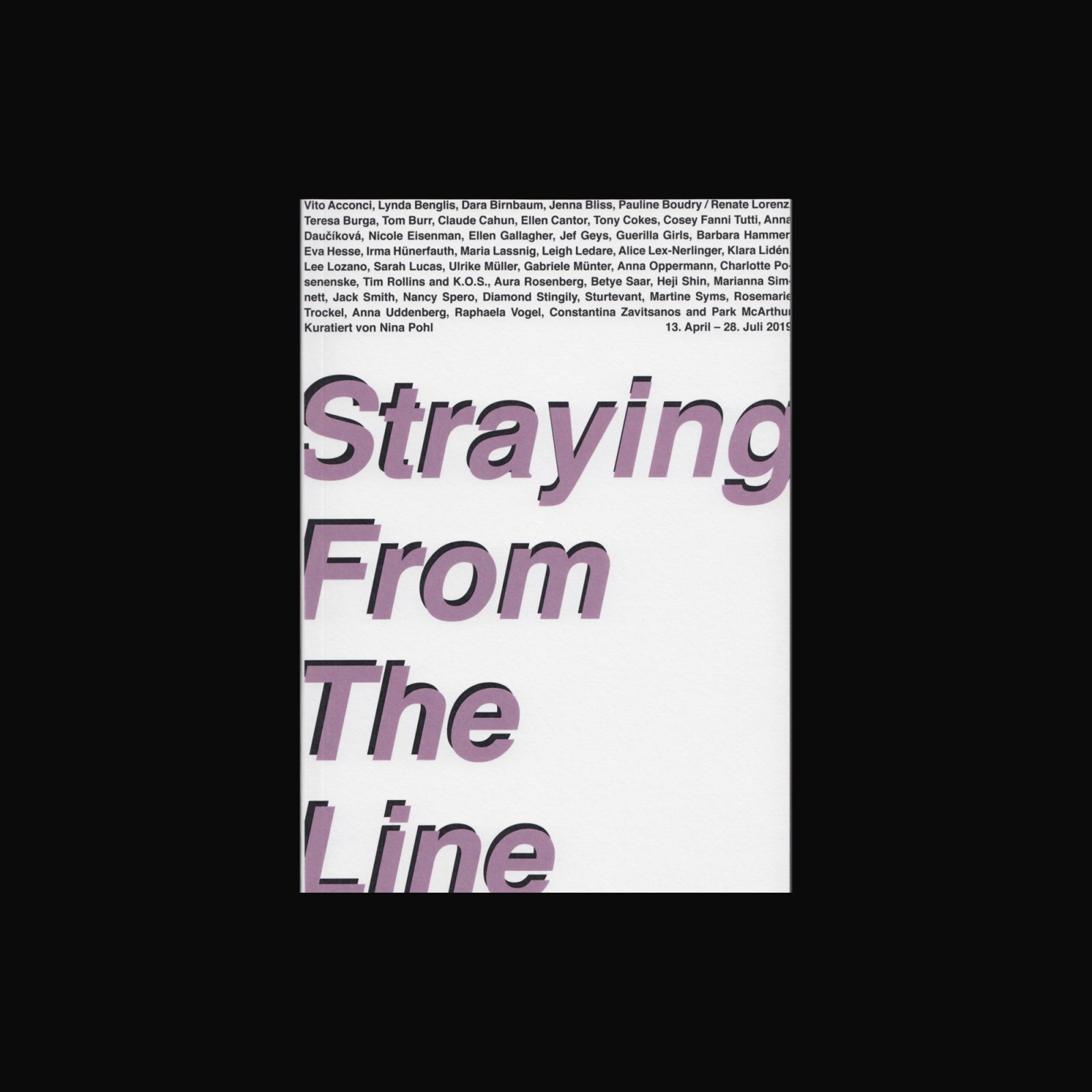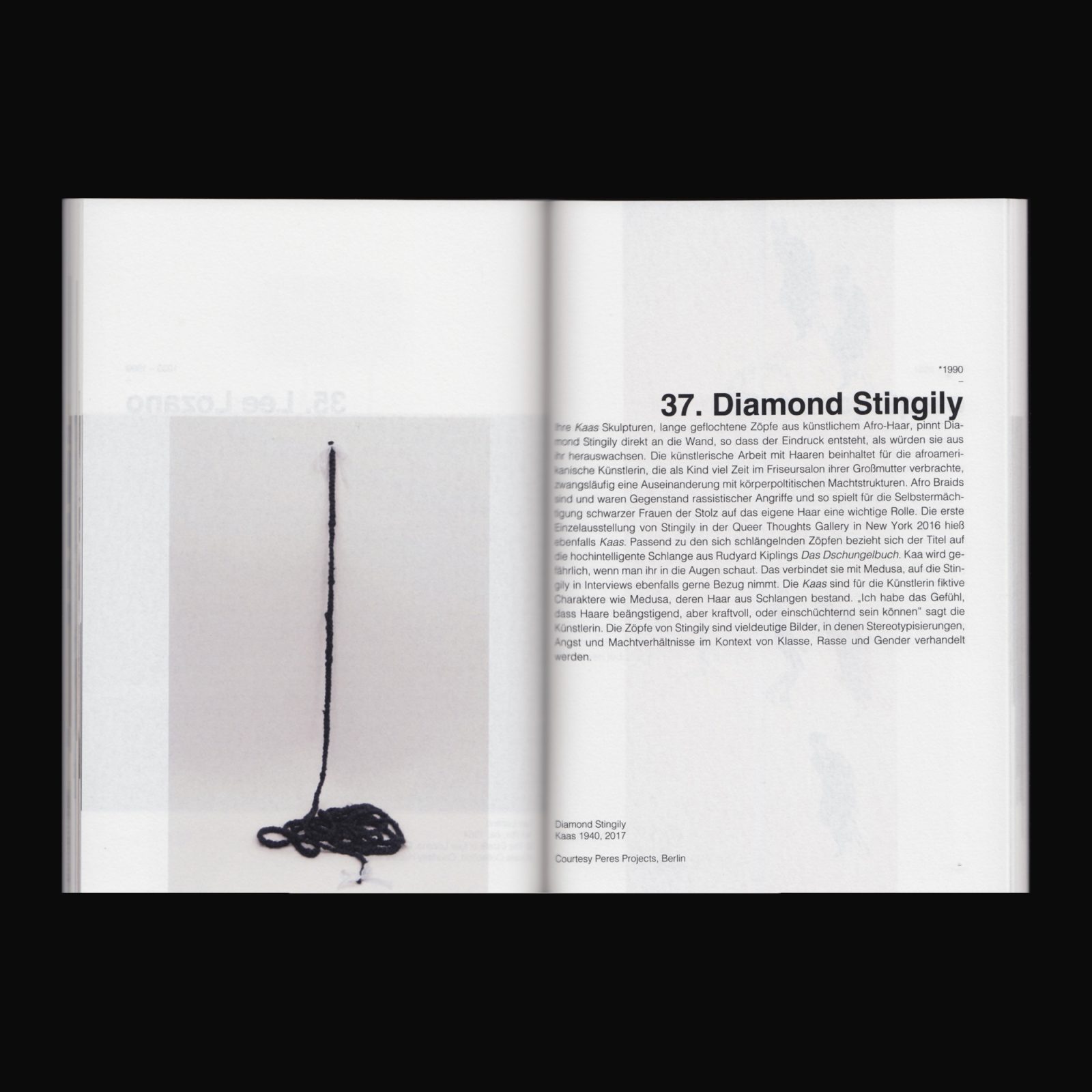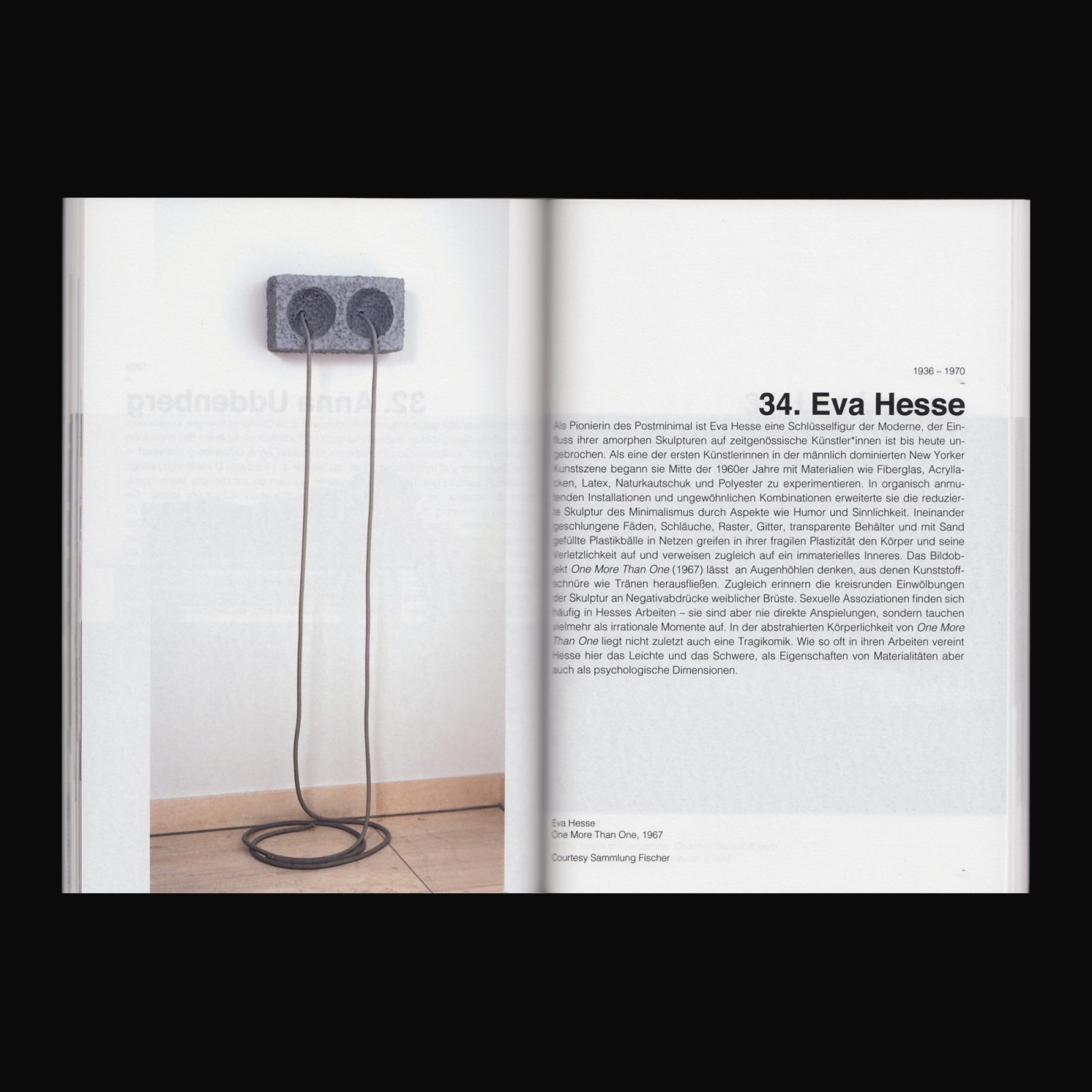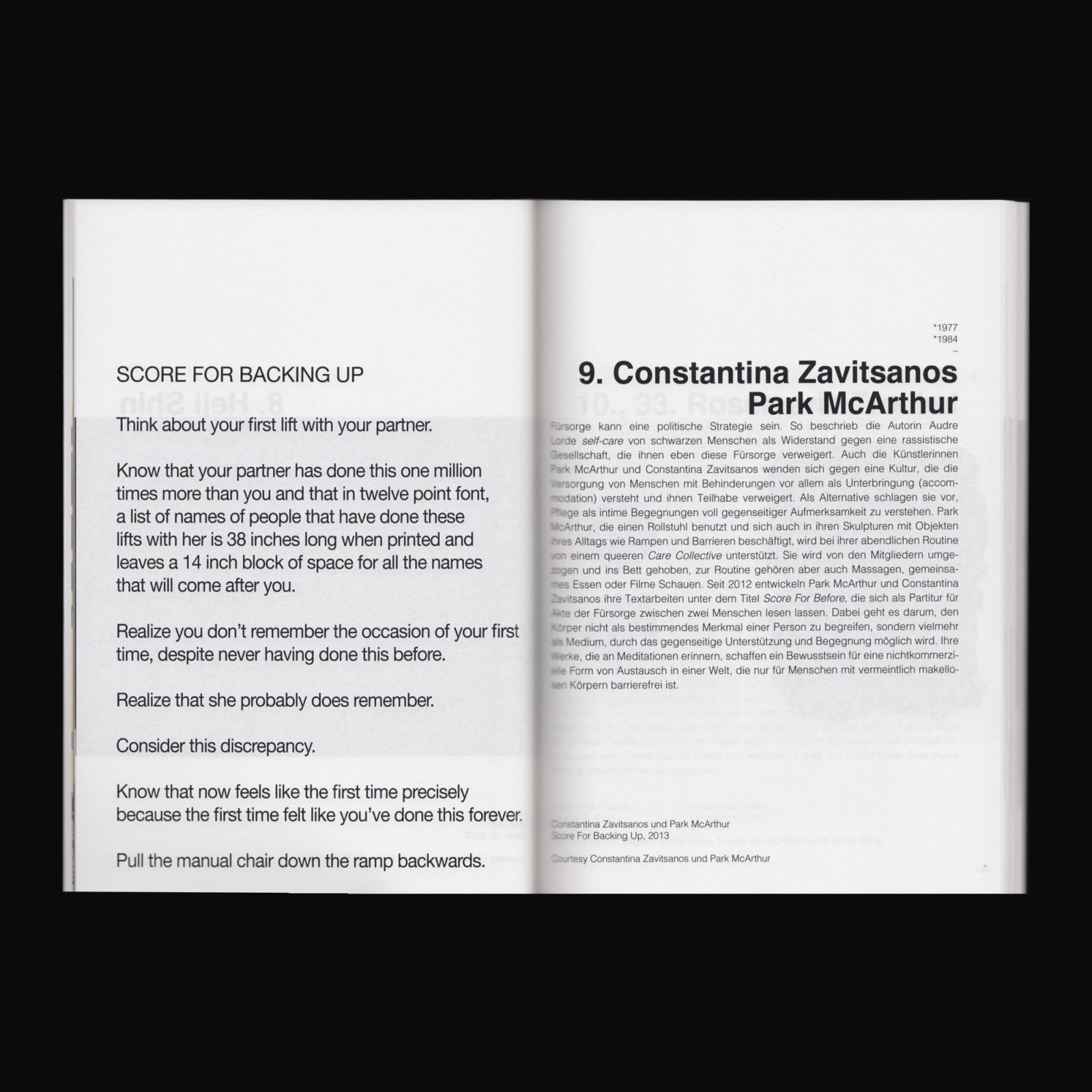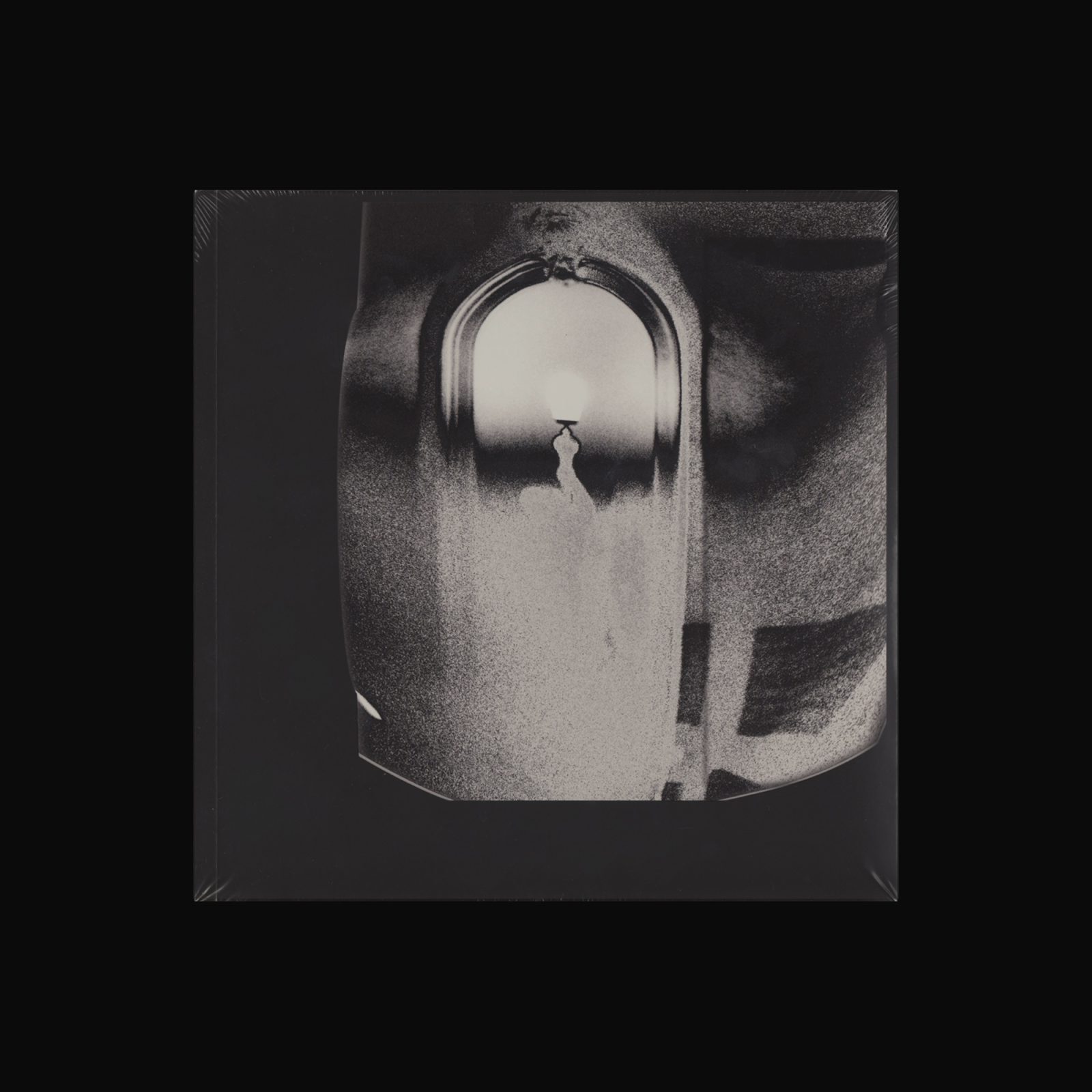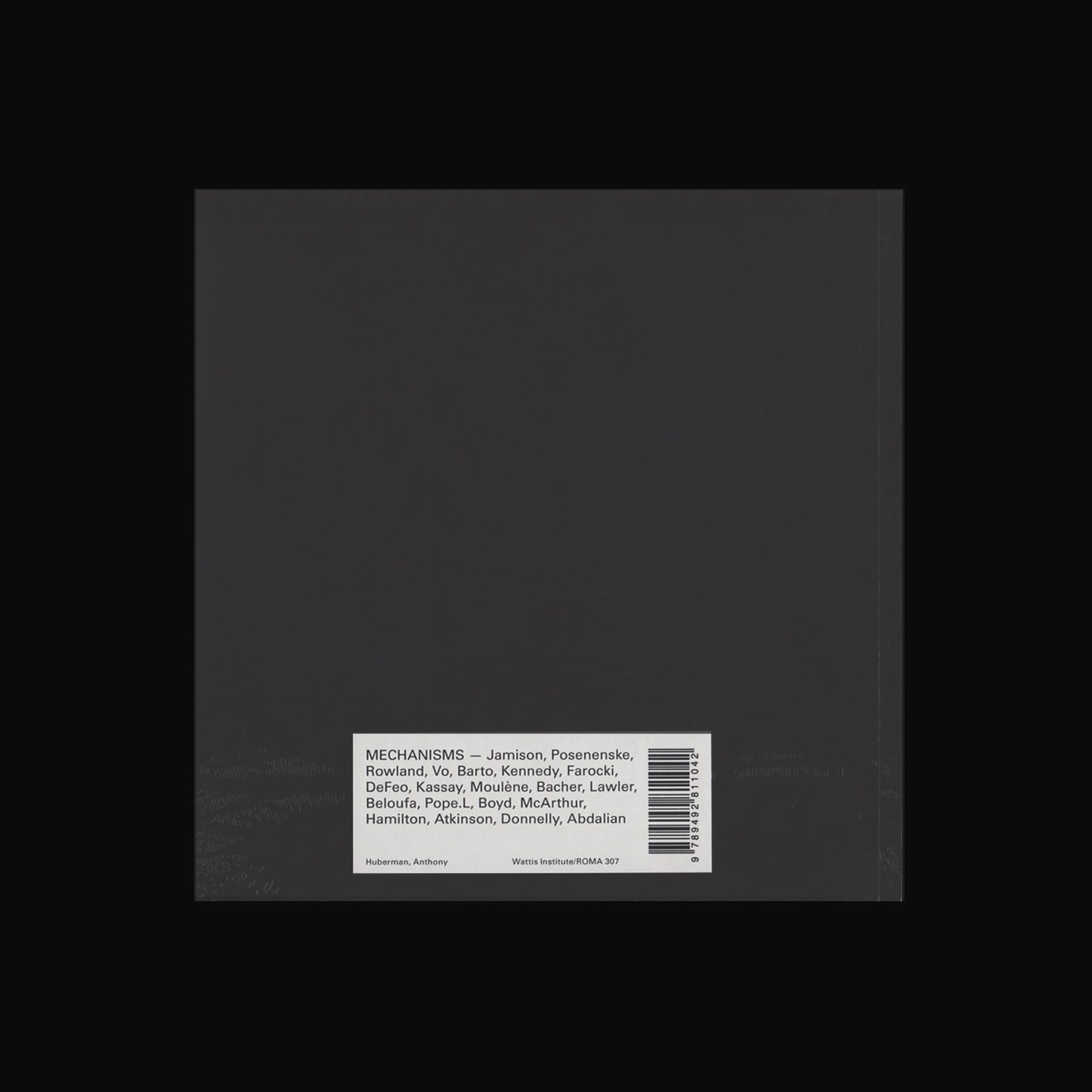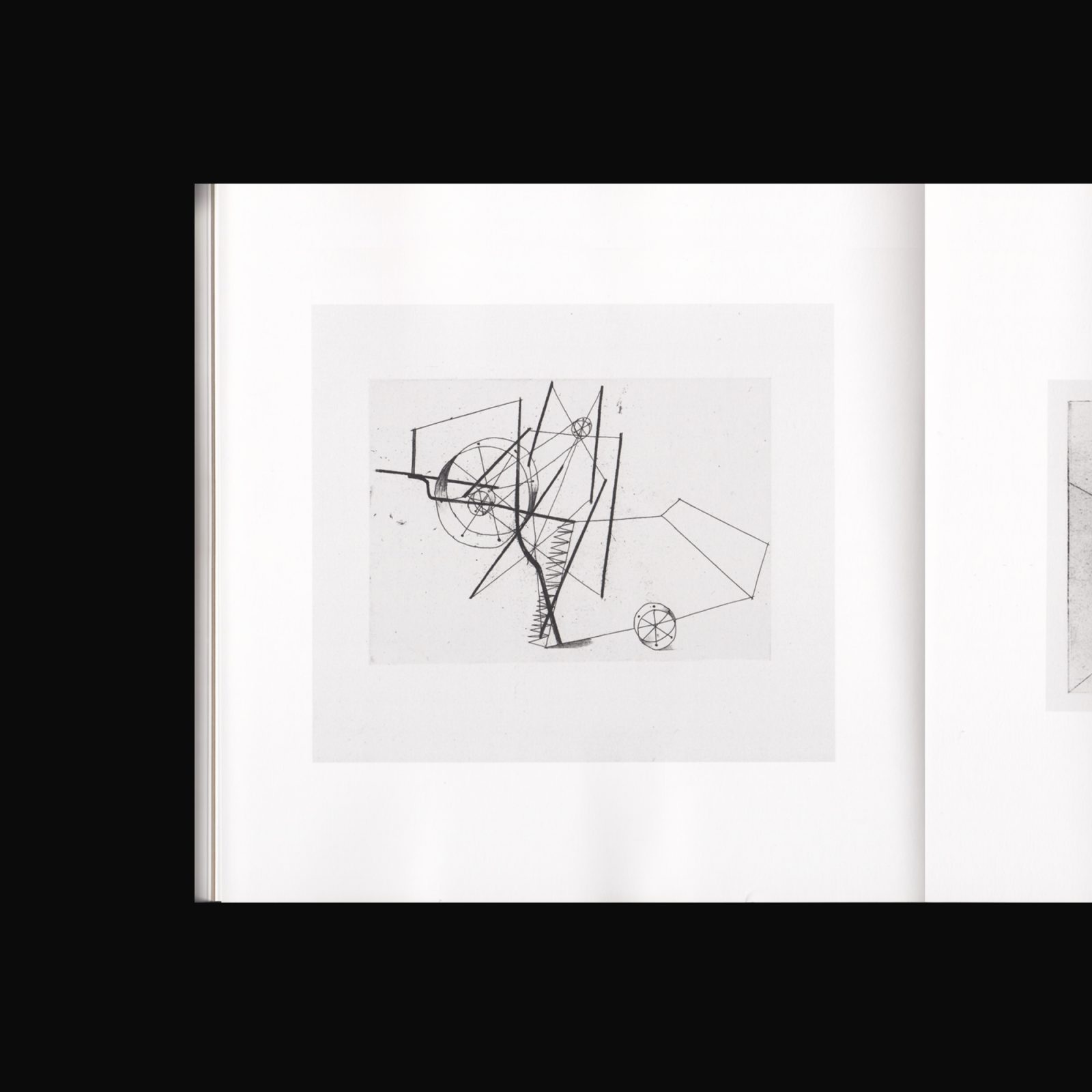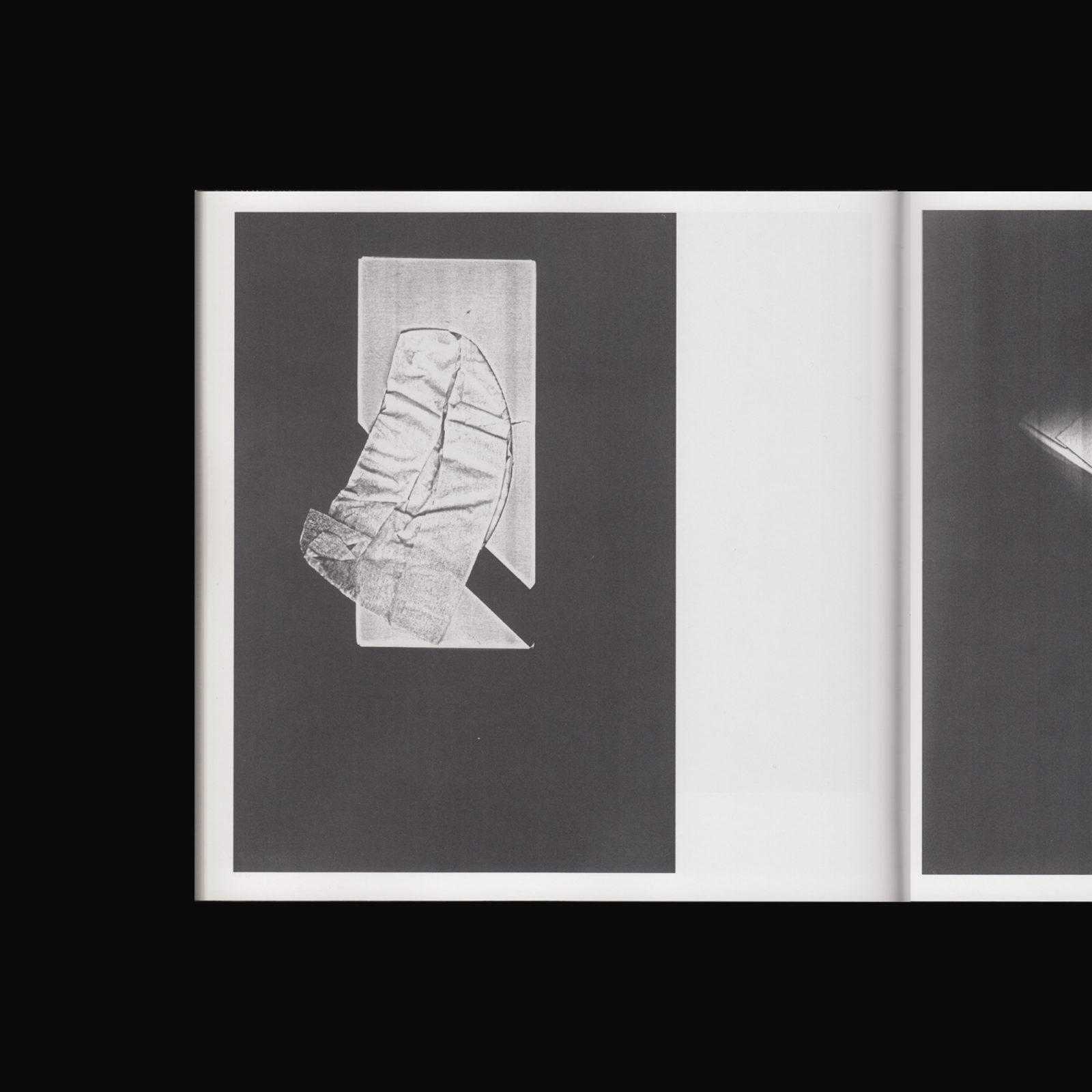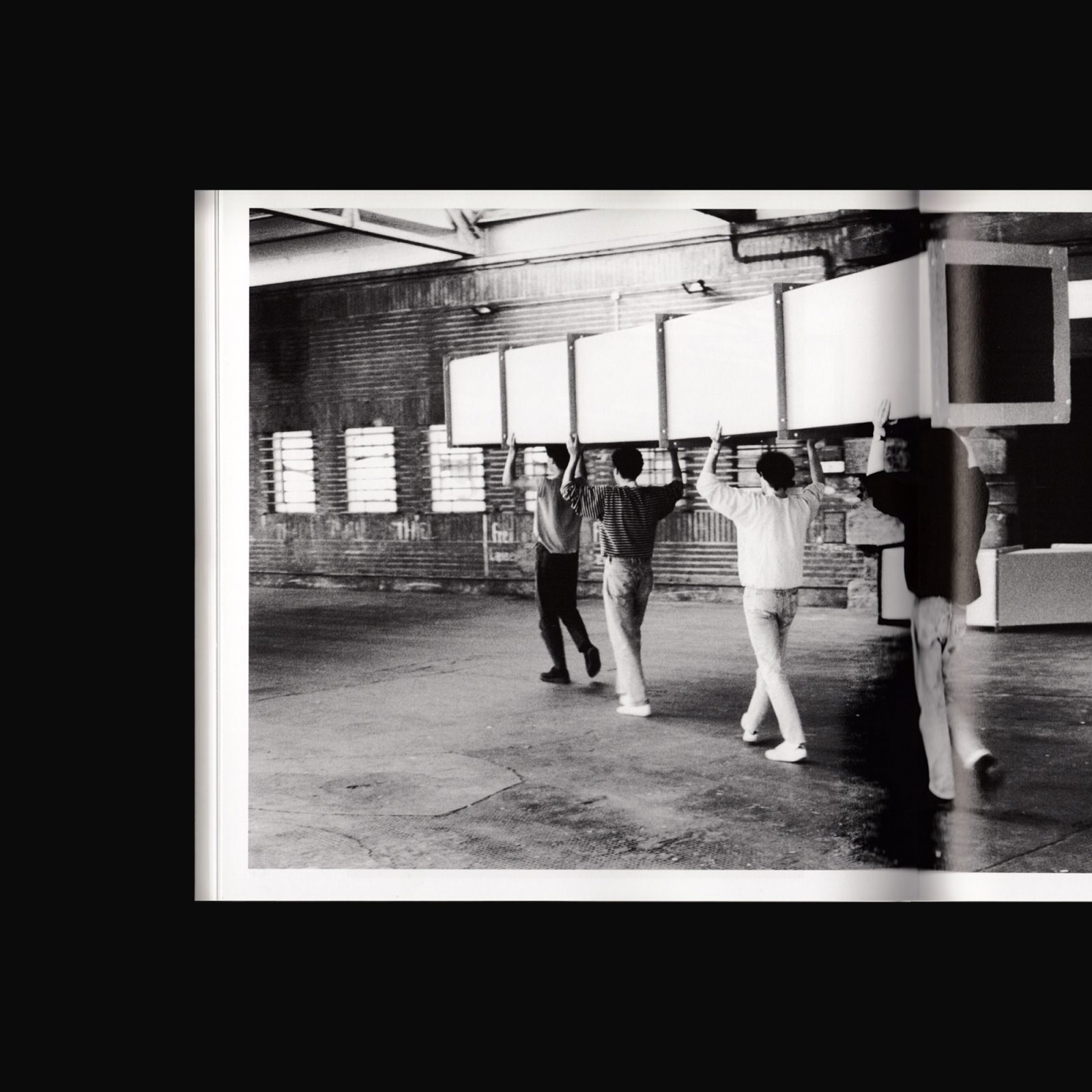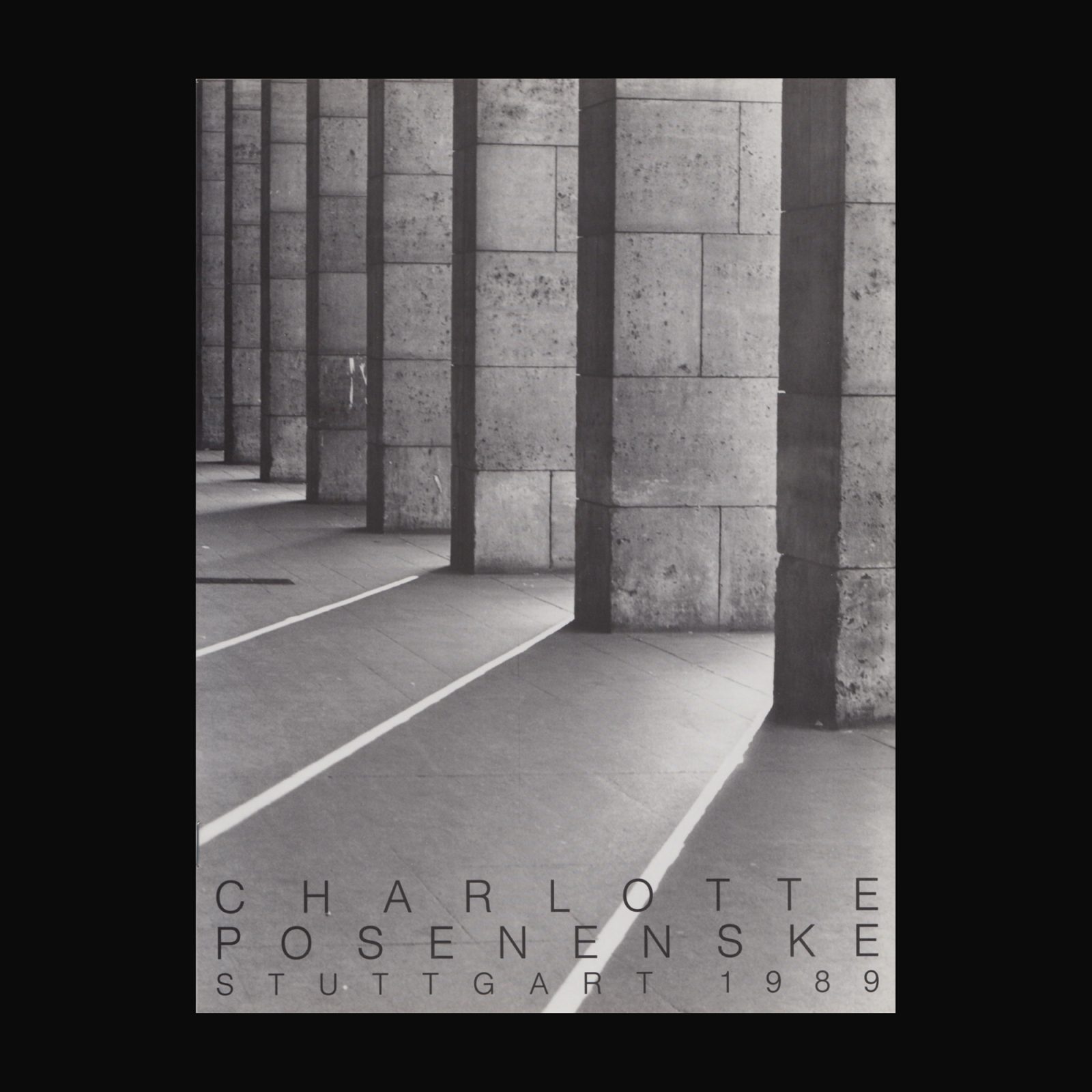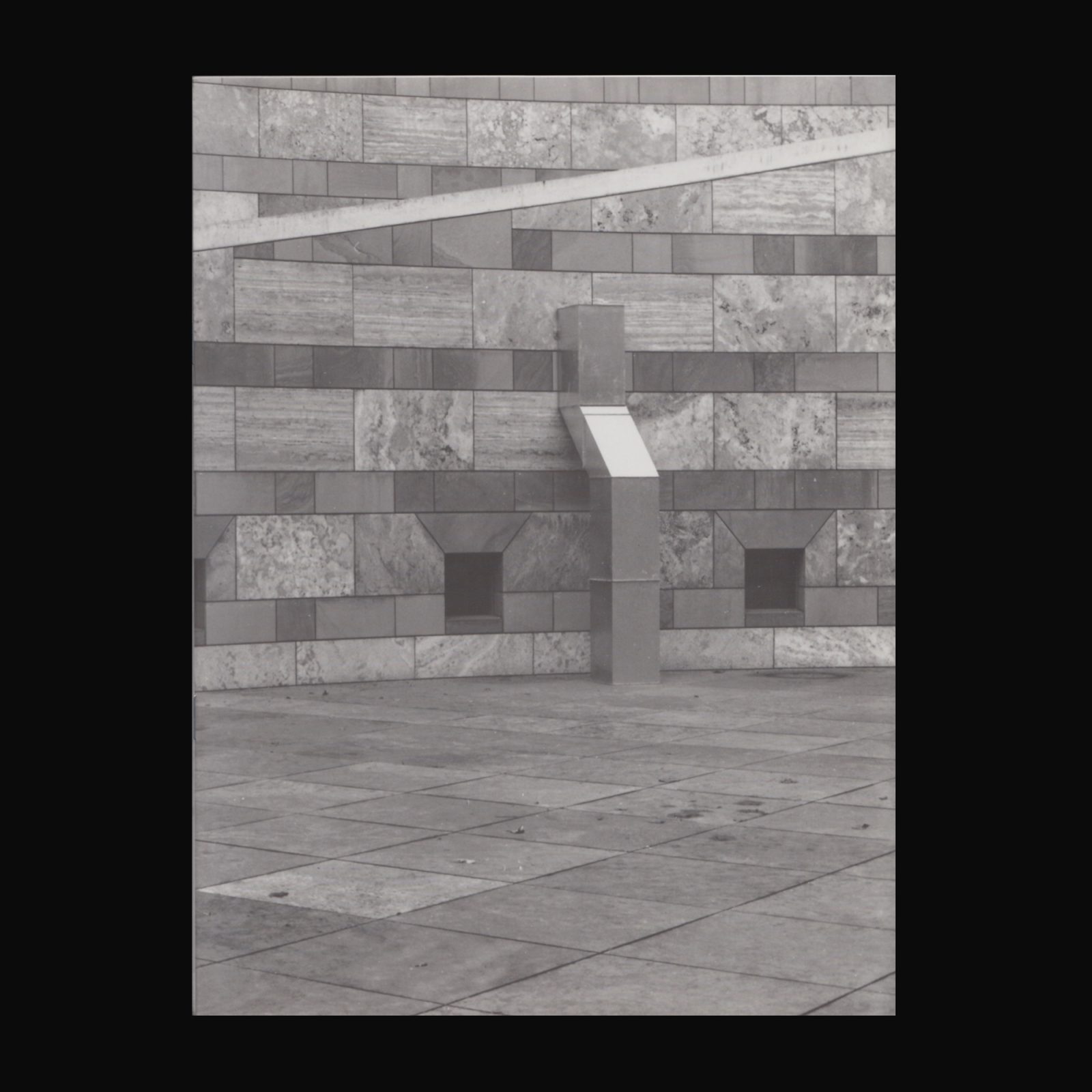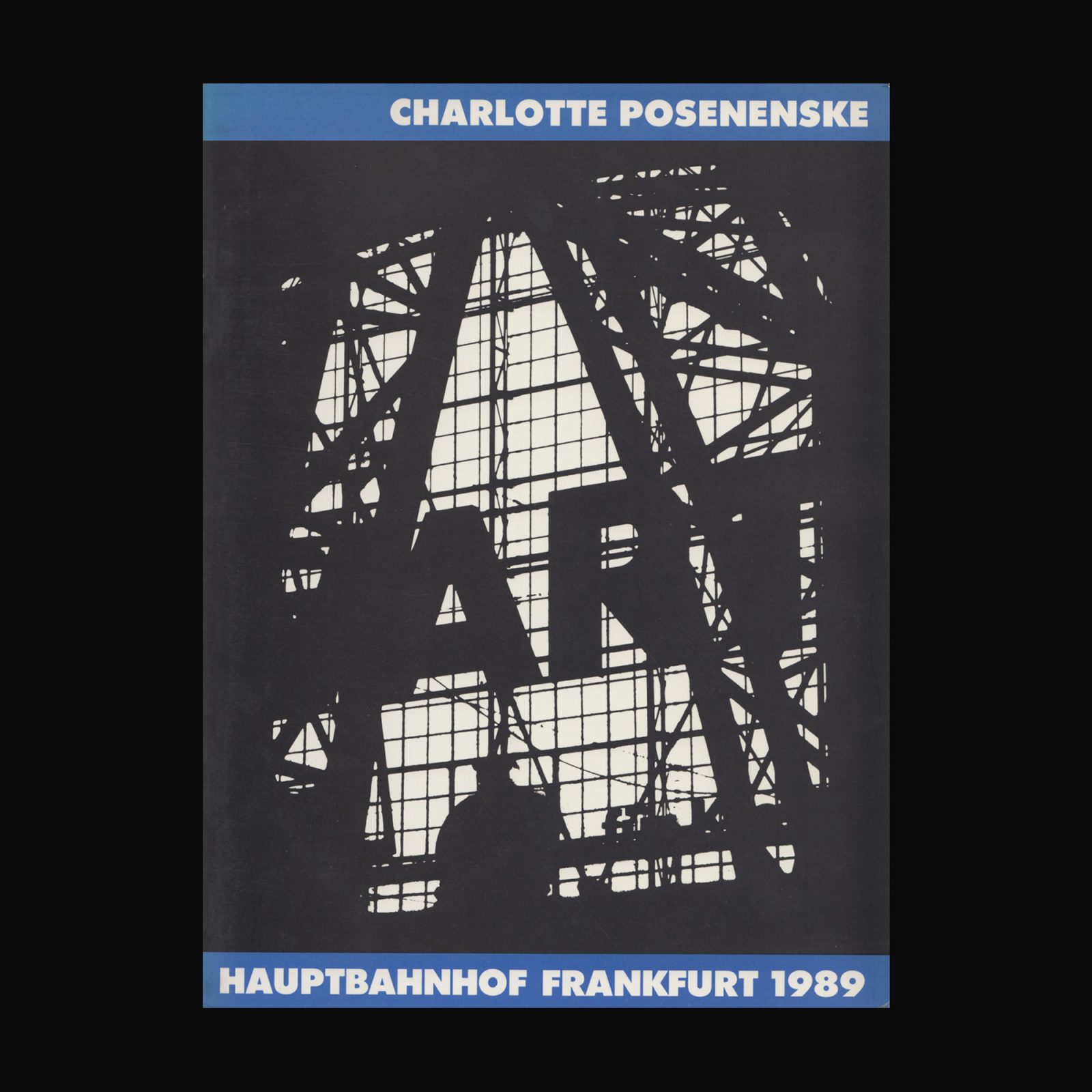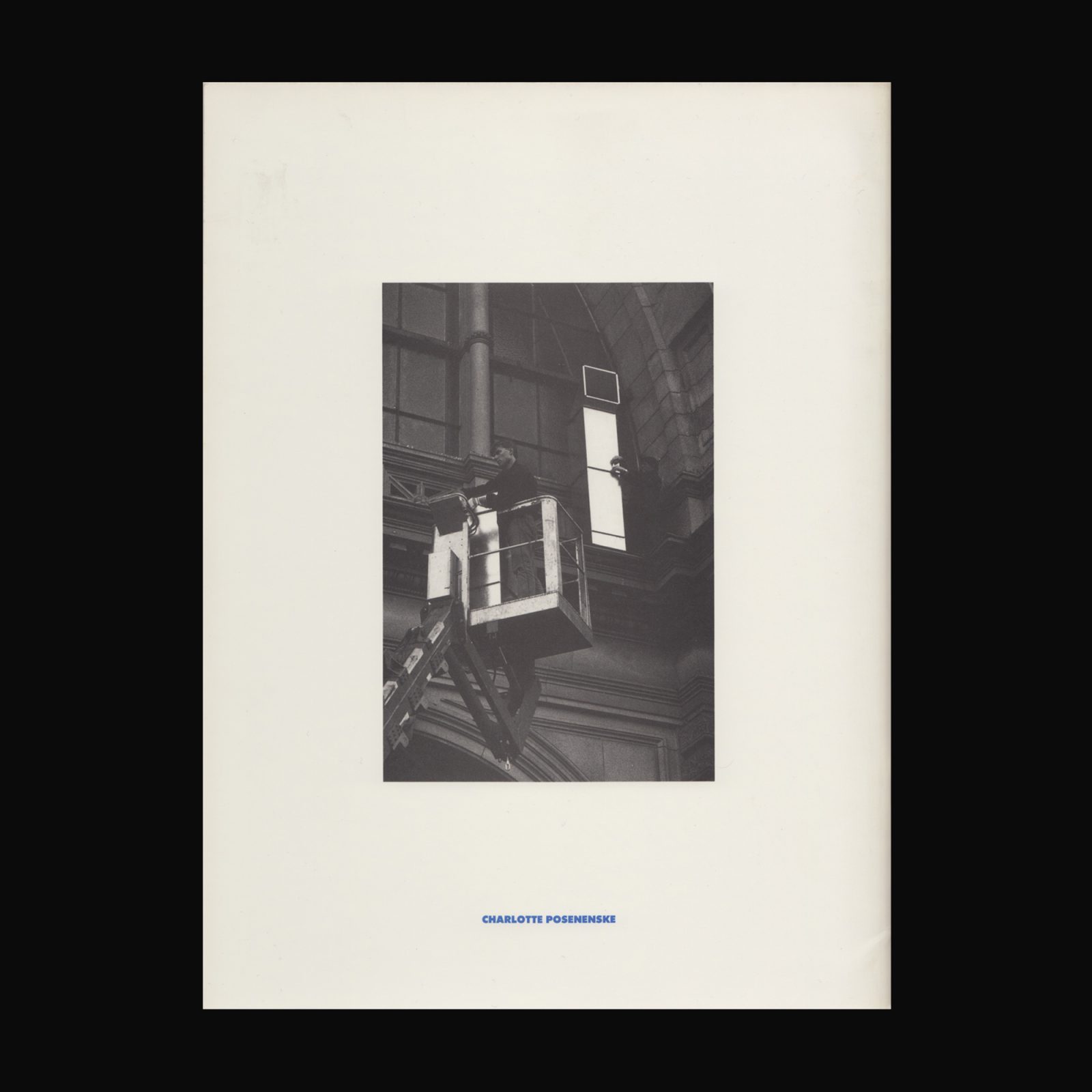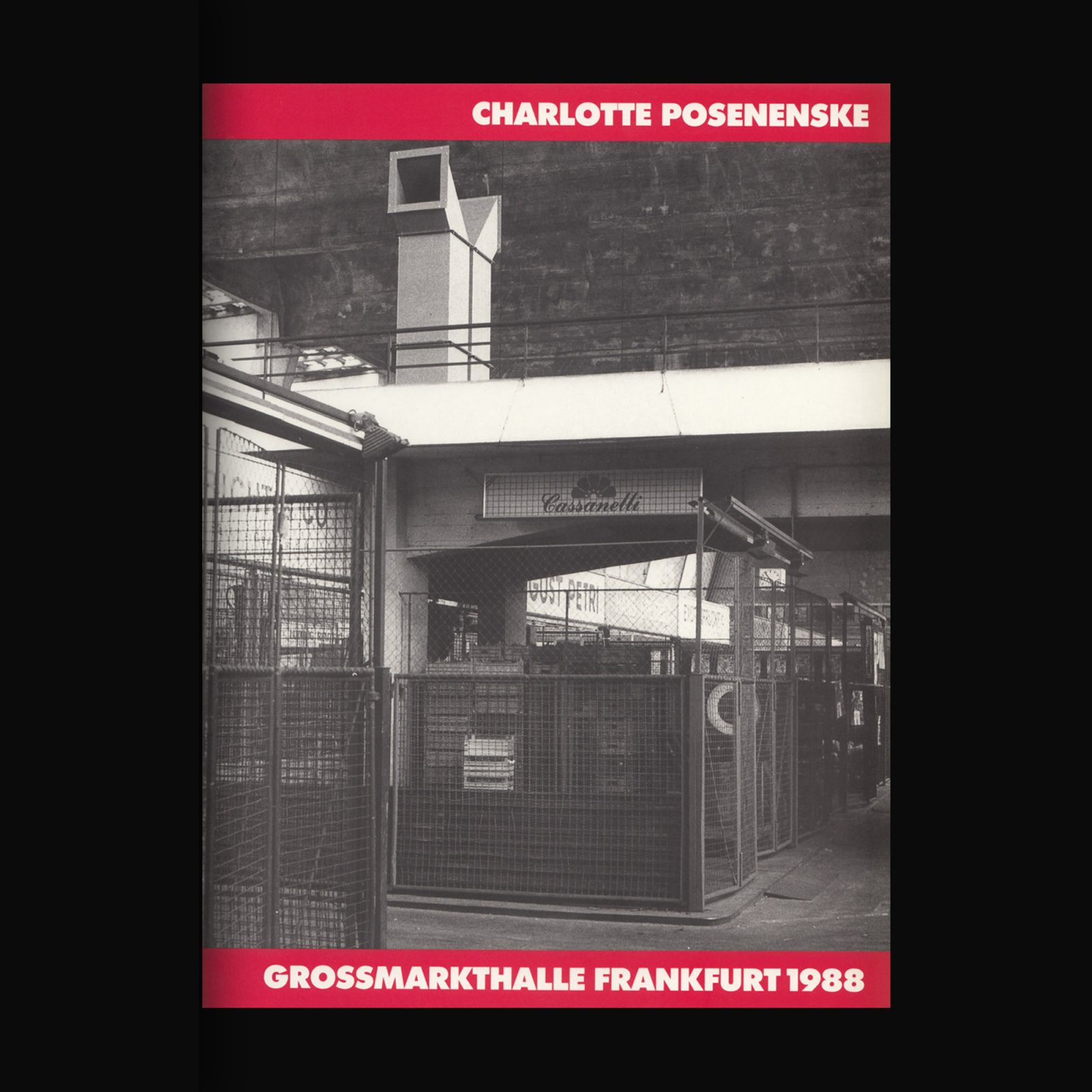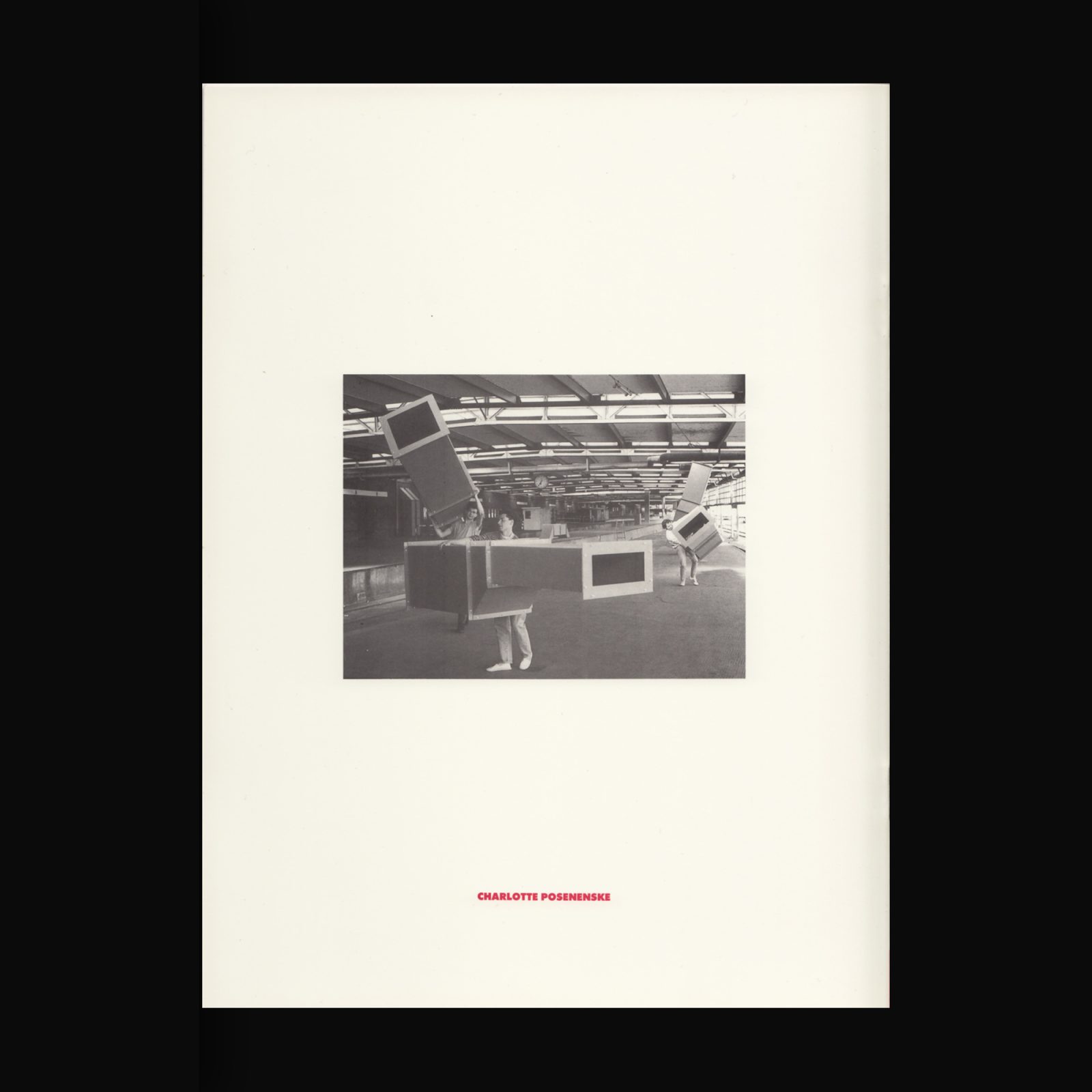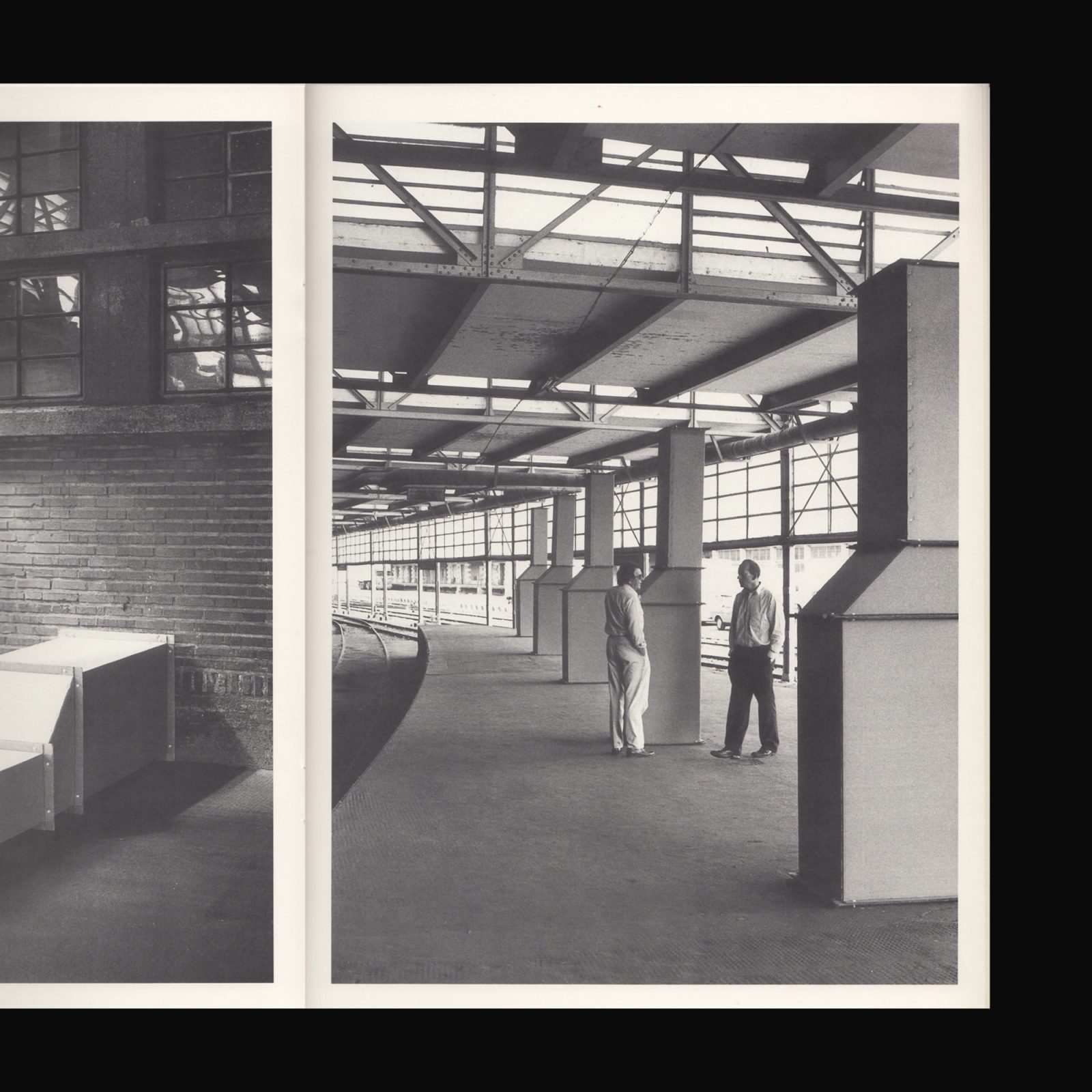Produced on the occasion of Lexicon of Infinite Movement, at the Kröller Müller Museum, 18 May, 2019–15 September, 2019, the first Dutch museum solo exhibition of Charlotte Posenenske.
The works of Charlotte Posenenske (Wiesbaden, 1930-Frankfurt am Main, 1985) consist of series in an unlimited edition. According to a number of rules, they can be made and repeated—also by others—and combined with each other. With her radical and ‘democratic’ ideas about material, production and authorship, Charlotte Posenenske influenced and shaped conceptual and minimalist art of the sixties.
Curated by Suzanne Wallinga and Eloise Sweetman and featuring the work of Ruth Buchanan (New Plymouth, 1980) and Yeb Wiersma (Groningen, 1973) in reaction to the work of Charlotte Posenenske.
Also available as a PDF.
